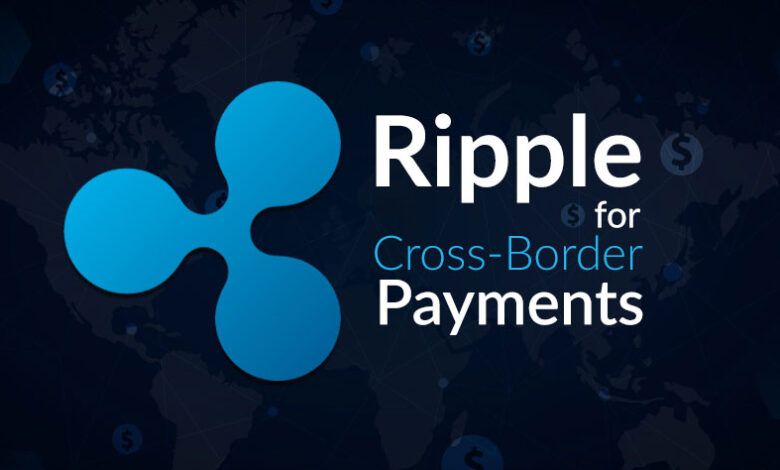Ripple and it’s Cross-Border Payment Solutions

As the world becomes more interconnected, cross-border transactions have become increasingly common. However, traditional payment methods can be slow and expensive, particularly for international transfers. Ripple offers a solution to this problem with its cross-border payment solutions, which are fast, secure, and cost-effective. In this article, we will explore Ripple and its cross-border payment solutions, including its technology, benefits, and potential impact on the financial industry.
What is Ripple?
Ripple is a real-time gross settlement system, currency exchange, and remittance network created by Ripple Labs Inc. Ripple operates on an open-source and decentralized platform that allows for fast, secure, and low-cost transactions. Ripple’s native digital currency is XRP, but the platform also supports other currencies, including fiat currencies and cryptocurrencies.
How does Ripple work?
Ripple uses a distributed ledger technology called the XRP Ledger to facilitate cross-border payments. The XRP Ledger is a decentralized ledger that maintains a record of all transactions on the Ripple network. Transactions on the XRP Ledger are settled in real-time, which means that funds are transferred almost instantaneously.
To make a cross-border payment using Ripple, the sender first converts their currency into XRP. They then send the XRP to the recipient, who can convert it back into their preferred currency. Ripple uses a consensus algorithm to validate transactions on the XRP Ledger, ensuring that all transactions are secure and reliable.
Benefits of Ripple’s Cross-Border Payment Solutions
Ripple’s cross-border payment solutions offer several benefits over traditional payment methods, including:
Speed
Ripple’s cross-border payment solutions are incredibly fast, with transactions settling in seconds. This is a significant improvement over traditional payment methods, which can take days or even weeks to complete.
Cost-Effective
Ripple’s cross-border payment solutions are also incredibly cost-effective. Traditional payment methods can be expensive, particularly for international transfers, due to fees and exchange rates. Ripple’s solutions, on the other hand, have lower fees and offer competitive exchange rates.
Security
Ripple’s cross-border payment solutions are also incredibly secure. Transactions on the XRP Ledger are validated using a consensus algorithm, which ensures that all transactions are legitimate. Additionally, the decentralized nature of the XRP Ledger means that it is resistant to hacking and fraud.
Potential Impact of Ripple’s Cross-Border Payment Solutions
Ripple’s cross-border payment solutions have the potential to disrupt the financial industry by making cross-border transactions faster, cheaper, and more secure. As more businesses and individuals adopt Ripple’s solutions, traditional payment methods may become less relevant. Ripple’s solutions could also reduce the need for intermediaries, such as banks, in cross-border transactions.
However, Ripple’s solutions have faced some challenges, particularly regarding regulatory concerns. As Ripple’s solutions continue to gain popularity, it will be interesting to see how regulators respond.
Conclusion
Ripple’s cross-border payment solutions offer a fast, secure, and cost-effective way to make cross-border transactions. By using a decentralized ledger and a consensus algorithm, Ripple’s solutions are resistant to hacking and fraud, making them an attractive alternative to traditional payment methods. As Ripple’s solutions continue to gain popularity, they have the potential to disrupt the financial industry and make cross-border transactions faster, cheaper, and more secure.


